The United Nations has endorsed ongoing demand by Tamil victims for the excavation of the most recently discovered mass burial site in Sri Lanka to international standards.
“What must be done regarding the mass graves is to end the pain and suffering of families of the missing through comprehensive and credible investigations led by independent experts with forensic expertise capable of uncovering the truth,” said Volker Türk, UN High Commissioner for Human Rights in a video statement from Chemmani, Jaffna, near the Siddupaththi mass grave. The need for international intervention was strongly emphasized.
“The investigation must be conducted in an impartial and thorough manner, in line with international standards. Numerous mass graves have been discovered across the country,” the UN office in Sri Lanka posted on social media.
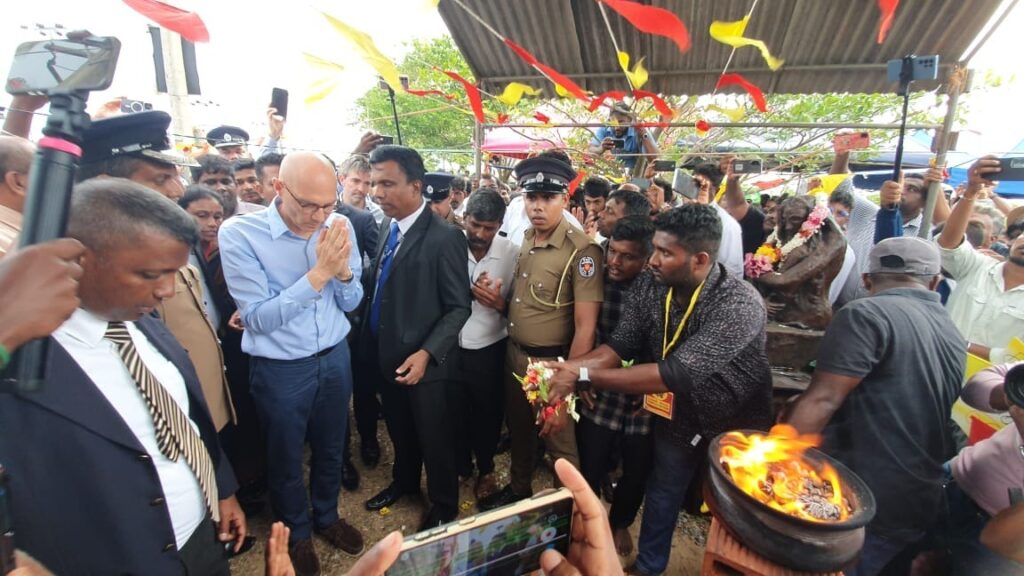
War-affected Tamils have consistently called for mass grave excavations to be carried out under international supervision in line with global standards.
However, the first visit by a UN rights chief to a mass grave in Sri Lanka was censored to media outlets, bringing the transparency of the current process into question.
On June 25, police imposed a curfew on local journalists, preventing them from reporting on High Commissioner Volker Türk’s visit to the Chemmani mass grave site.
Provincial correspondents report that Jaffna Police obtained a court order preventing public access to the site during the High Commissioner’s inspection of the mass grave.
Experts overseeing the excavation have informed the court that the fifth mass grave discovered in Sri Lanka—where the remains of at least 19 individuals, including young children were recovered—may have been a site of illegal or clandestine burials.
Following his visit to the cemetery, the High Commissioner was seen placing a wreath at the ‘Undying Flame’ protest site, lit by the ‘People’s Action’ near the Chemmani mass grave, which calls for accountability and international intervention for justice.
The UN High Commissioner for Human Rights visited Trincomalee on the morning of June 25 before proceeding to Jaffna.
Emotional Tamil and Muslim residents from the eastern part of the island approached Volker Türk during his visit to Trincomalee and handed over documents detailing unresolved issues, including the Tamil genocide, mass killings, enforced disappearances, land grabs, mass graves, militarization, and Buddhistization.
According to local journalists, the High Commissioner met with civil society representatives in Trincomalee for discussions and also held a meeting with the Governor of the Eastern Province before departing for Jaffna.
According to provincial correspondents, High Commissioner Volker Türk met with representatives of the International Organization for Migration (IOM), Tamil mothers of war victims, university students, civil society activists, religious leaders, and several politicians in Jaffna prior to his visit to the Chemmani mass grave on June 25.
He visited the Nallur Temple in Jaffna that afternoon and later met with Ilankai Tamil Arasu Katchi (ITAK) parliamentarians.
Related News:
Visiting UN rights chief told of Sri Lanka’s ‘arsenal’ against Tamil nationalism
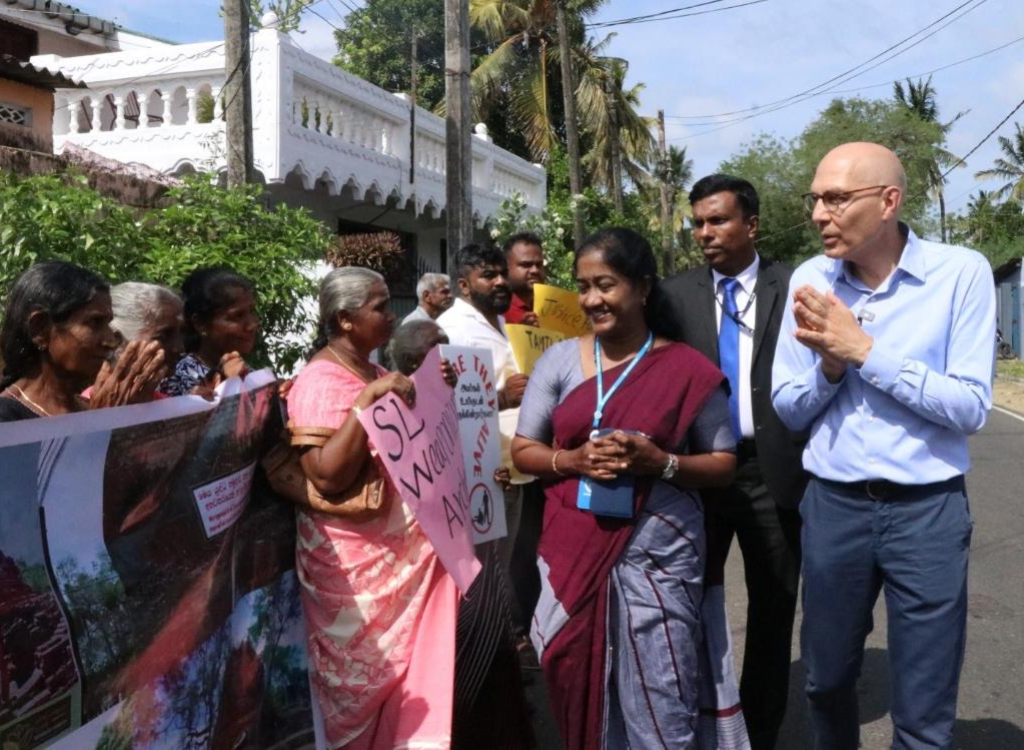
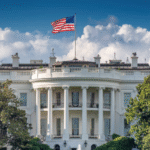
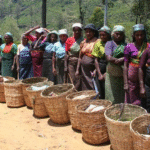
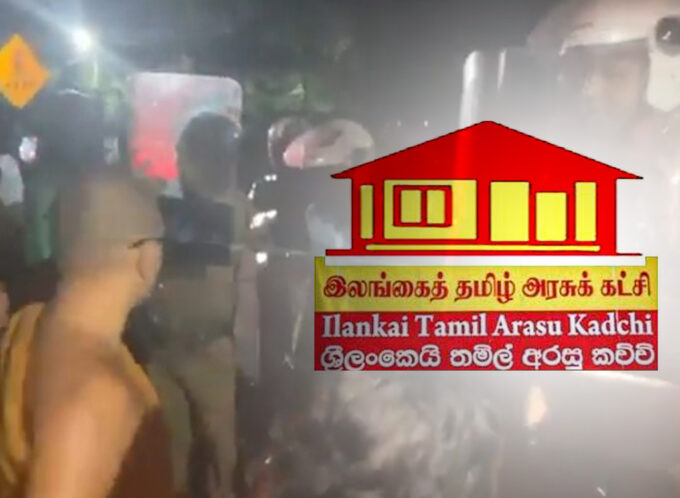
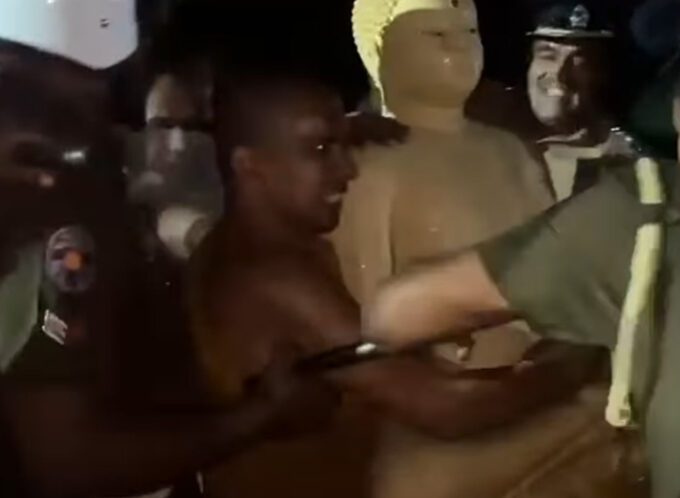
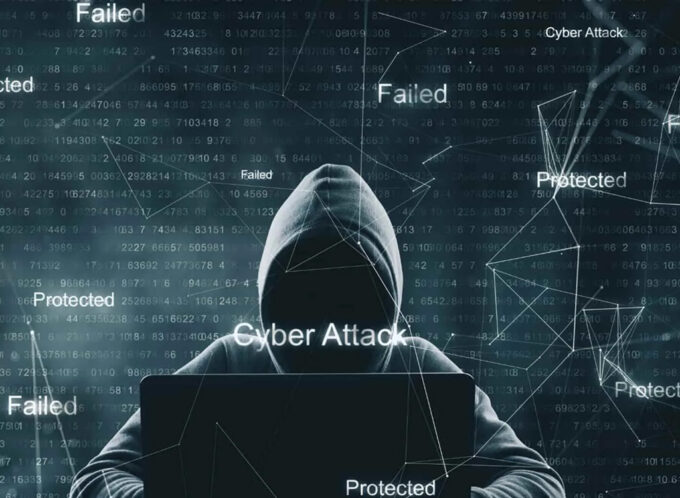
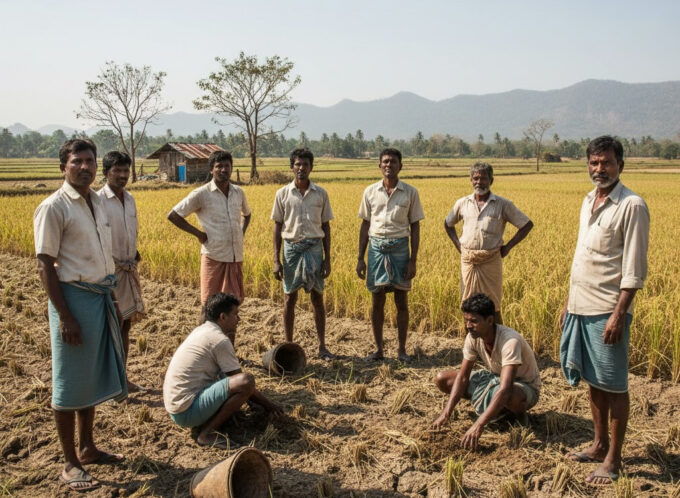


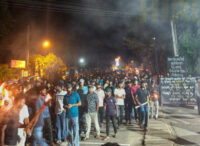
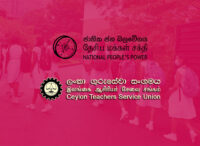
Leave a comment